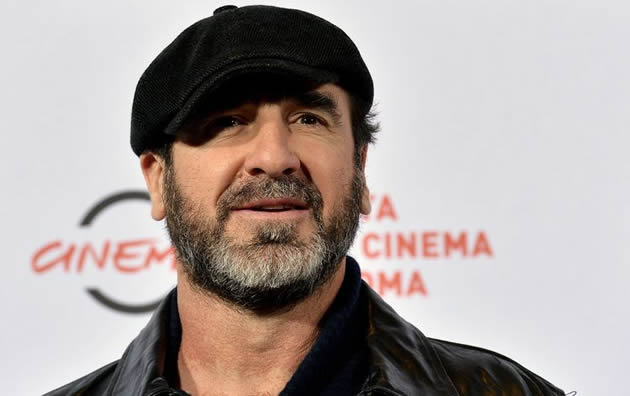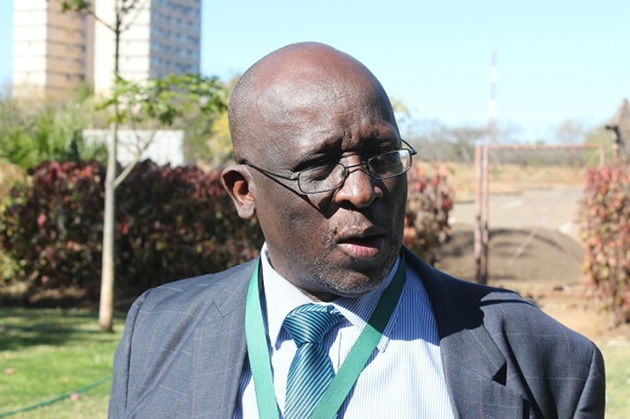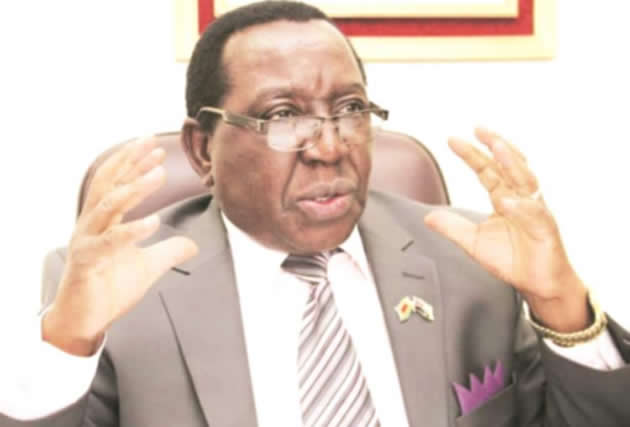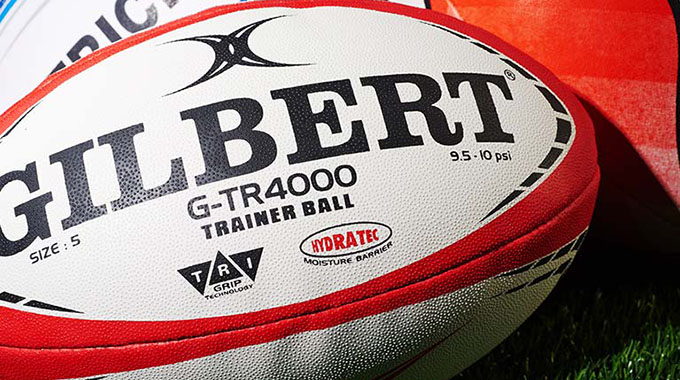You’ve got the wrong man — Eric Cantona

LONDON. — Eric Cantona turned 50 yesterday and is still doing what he has always done best: playing the part of Eric Cantona to a tee. For Manchester United fans still digesting the end of the soured Louis van Gaal era and the imminent arrival of José Mourinho, he has a simple diagnosis of what has gone wrong.
“They miss me,” Cantona says, playful but serious at the same time. “I think they have lost something. You can feel it. But it’s difficult to come after someone who has been at the club 25 years. Even if you are a great manager, the fans still feel the philosophy of Ferguson.”
But while Van Gaal’s departure after two disappointing seasons was finally confirmed on Monday night, his successor does not fill one of the club’s most celebrated former players with optimism either.
“I love José Mourinho, but in terms of the type of football he plays I don’t think he is Manchester United,” Cantona says.
“I love his personality, I love the passion he has for the game, his humour. He is very intelligent, he demands 100 percent of his players. And of course he wins things.
“But I don’t think it’s the type of football that the fans of Manchester United will love, even if they win. He can win with Manchester United. But do they expect that type of football, even if they win? I don’t think so.”
Cantona, back on the small screen this summer as the face of ITV’s marketing campaign for its sports coverage, believes Mourinho’s once and future nemesis would have been a much better fit. “Guardiola was the one to take. He is the spiritual son of Johan Cruyff,” he says, praising the late Dutch master for having overseen “two revolutions” — one as a player at Ajax and another as a coach at Barcelona.
“I would have loved to have seen Guardiola in Manchester (United). He is the only one to change Manchester. He is in Manchester, but at the wrong one.”
It is 19 years since Eric Cantona delivered one more shock to a football world electrified by his presence by announcing his retirement from the game at just 30. Which means it must be two decades since he willed Manchester United to the 1995-96 double, his goals reeling in Kevin Keegan’s Newcastle entertainers and weaving him ever more tightly into the mythology that is now relentlessly sold back to the club’s global fanbase.
Cantona this month returned to Old Trafford for their Premier League draw with Leicester. Looking relaxed and trim over a glass of red (of course) in a favoured hotel bar on the narrow streets of his recently adopted Lisbon home, he talks convincingly of his eternal bond with Manchester, its people and its culture.
And needless to say, his name was sung more lustily than ever. The mercurial Frenchman has carved out a career as an itinerant documentary maker, actor and artist since leaving football behind. Yet he says he would be open to an unlikely return to Old Trafford – but only as manager.
“I do many things and I’m very happy. But if they asked me to become the manager of Manchester United, I would. Because Guardiola is in Manchester City and they want someone to win things with wonderful football? It’s me,” he says.
Ask him if he is serious and the smile returns: “Yes, I’m serious. I say that just because it’s like when you are in the pub or the club. When you say you don’t care, all the girls want you. Maybe if I say I don’t care about that job, they will ask me. If they asked me, I’d work very hard, of course.”
He has now been out of professional football for longer than he was an uneasy, unbelievably gifted part of it. But his feeling that he quit at the right time has never wavered. Regret remains a four-letter word in the Cantona lexicon.
“When I was around 20 years old I gave an interview in France in which I said I was very passionate about the game and that when I lost that passion I would retire,” he says.
“Of course, no one believed it. When I felt I lost the passion, I retired. I didn’t regret it.”
Not that it was easy.
“When you stop playing football it’s very difficult. Football is like a drug. Sport is like a drug. Physiologically, it’s like your drug. And you need it. You need something,” he says, carefully, pointedly.
“I think a lot of players have depression after football because they miss something. But it helped me a lot to live in my imagination. If I don’t have this opportunity, I die.” — The Guardian.









Comments